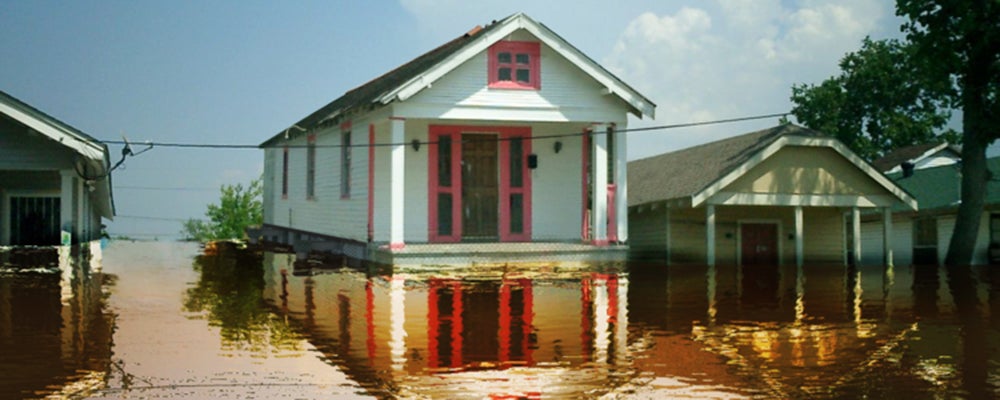
Read about our Urban Water Systems research projects.
Find an Urban Water Systems expert.
Cities require adequate water supplies and the ability to treat wastewater in order to thrive. Urban water systems have traditionally focused on the provision of safe drinking water, the collection and treatment of wastewater, and more recently, stormwater and protection against flooding. In high-income countries, these systems have had an enormous positive impact on public health and safety, and on ecosystem protection. However, these urban water systems are capital intensive, largely relying on a network of ageing distribution and collection pipes linked to homes and centralized treatment facilities. The implementation of such systems in rapidly urbanizing cities in low-income countries and in emerging economies, which are often located in water stressed areas, presents unique challenges, requiring innovative technologies, smart spatial planning, and strong institutions to achieve more sustainable and economically-viable urban water solutions.
- investigating innovative and emerging drinking and wastewater treatment processes and technologies
- investigating the production of bio-energy and bio-chemicals from biomass, and nutrient recovery from organic waste and wastewater
- assessing the fate and removal of emerging contaminants in wastewater systems
- investigating the use of nano-materials in wastewater treatment and nano-devices for detection
- assessing the impacts of climate change on water treatment systems
- developing water and wastewater infrastructure asset management tools
- evaluating the environmental exposure and effects of emerging contaminants in aquatic systems
- conducting field and numerical modelling studies on urban river mechanics, hydraulics, and hydrology
- undertaking river restoration/rehabilitation and aquatic habitat improvements
- developing risk assessment and management approaches for priority substances
- developing integrated management approaches, including land-water management, demand-focused water strategies, and the use of market-based policy instruments